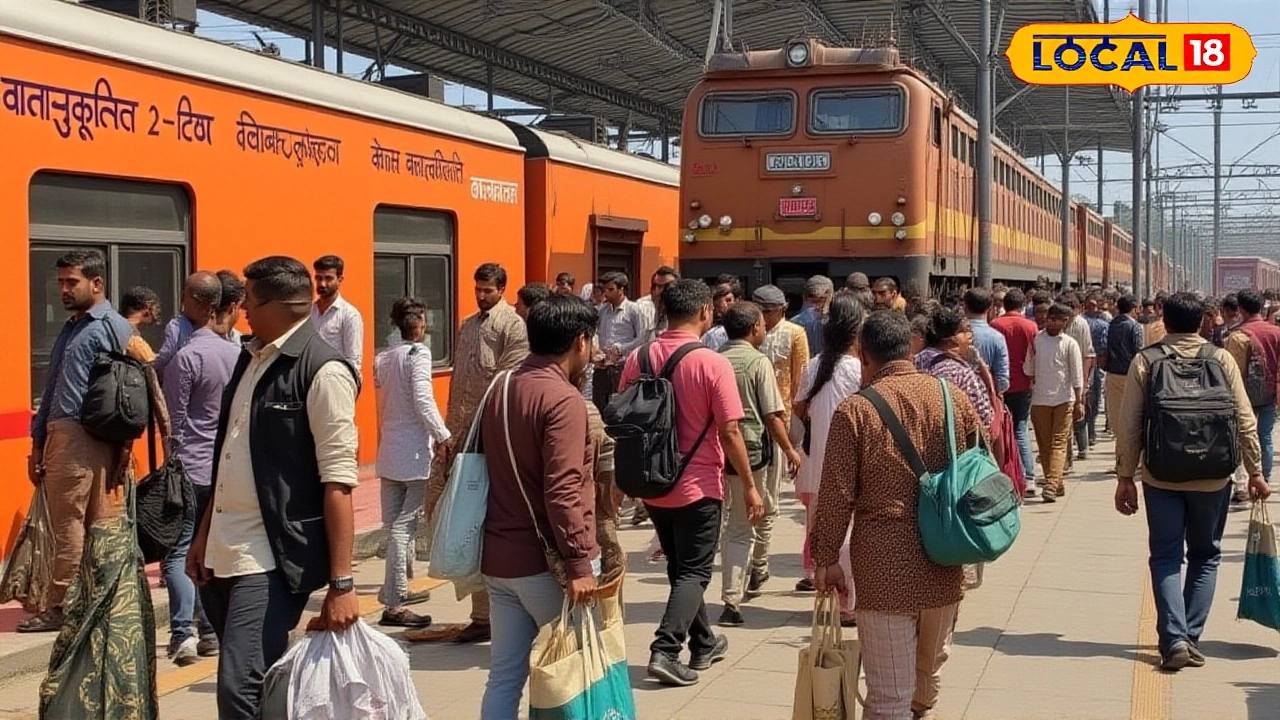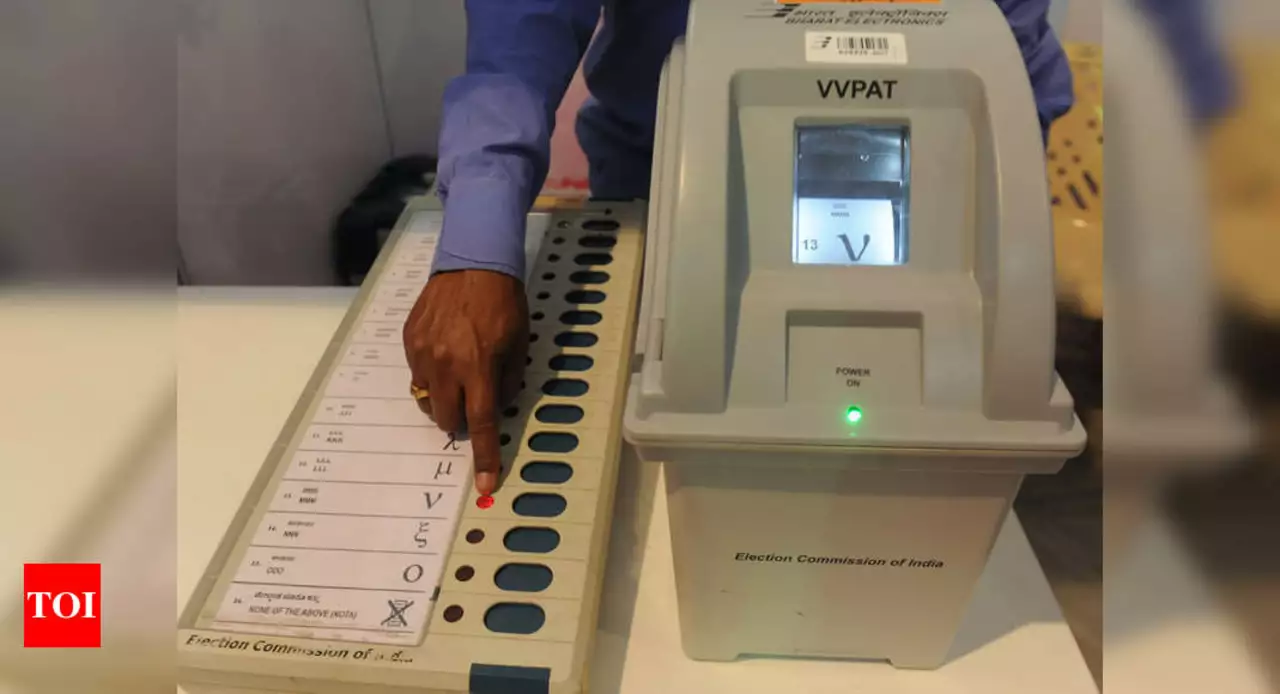Legal News: Supreme Court Rejects VVPAT–EVM Matching Plea
The Supreme Court has refused a petition seeking routine matching of VVPAT slips with Electronic Voting Machine records. The court said matching every VVPAT with EVM tapes would cause delays and face technical hurdles. That ruling matters because it decides how verification happens in state and national polls coming up.
VVPAT stands for Voter Verifiable Paper Audit Trail. It prints a paper slip showing the voter's choice and drops it into a sealed box. Many parties wanted the paper to be checked against the EVM result to reassure voters. The court, however, weighed practicality and said full matching is not feasible under current systems.
Why the court said no
Judges noted time limits during counting and limited manpower at counting stations. They also mentioned technical concerns like syncing paper slips with machine logs. The court suggested risk of deliberate tampering is low and that current safeguards—sealed machines, unique IDs, and protocols—offer protection. That view sparked immediate criticism from opposition leaders and civil society groups who call for stronger audit methods.
Critics argue VVPAT matching boosts confidence and catches rare errors. Supporters of the court's view say full matching would slow results, create logistical headaches, and might not add real security if procedures aren't standardized. Both sides agree on one point: transparency matters to voters.
What this means for voters and election bodies
Expect the Election Commission to continue using EVMs with selective VVPAT verification where rules allow. The commission can still count VVPAT slips in random samples or during disputes. If you care about election checks, follow local notices on how VVPATs will be handled in your constituency. Ask candidates and election officials specific questions: will there be random VVPAT audits? How are machines sealed and transported? Who monitors the chain of custody?
There are practical steps citizens and watchdog groups can take now. Watch counting procedures in person when possible. Request public reports on random audits and demand clarity on protocols. Campaigns can push for better standard operating procedures, more training for counting staff, and upgraded software/hardware that makes matching simpler and faster.
For now, the court's decision keeps the status quo but keeps the debate alive. The ruling is likely to shape how election authorities plan logistics, training, and transparency measures before the next big vote. If you want trust in the process, stay informed, ask precise questions, and support sensible audits that fit local capacity.
That’s the short version: no blanket VVPAT–EVM matching for now, but the tools to check results still exist. The bigger fight will be over how those tools are used and reported publicly.
Election officials can act fast: publish clear audit protocols, train counting teams, and equip centers with scanners that record timestamps for each VVPAT slip. Technology upgrades should focus on quick, verifiable matching without slowing counts. Political parties can file targeted audits in close contests. Voters should watch for public notices and support local observers — small actions can push for stronger checks.

Karnataka's Ghulam Moinuddin was arrested for a Rs 6 crore share‑trading scam that duped Indore investors, prompting a swift police crackdown and new fraud‑prevention measures.
Read More
The Supreme Court of India recently rejected a plea to match Voter Verifiable Paper Audit Trail (VVPAT) slips with Electronic Voting Machines (EVMs). This decision allows the Election Commission of India to continue using EVMs without VVPAT in upcoming state and national elections. The court concluded that VVPAT slips cannot be matched with EVMs due to time constraints and technical challenges. The decision has been met with criticism from opposition parties, who argue that VVPAT verification is essential for free and fair elections. However, the court asserted that the risk of tampering with EVMs is minimal and trust in the country's electoral system remains intact. Despite the controversy, the Supreme Court's decision has paved the way for the use of EVMs in upcoming elections.
Read More